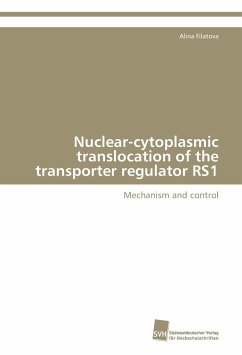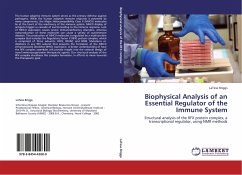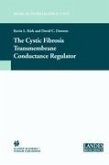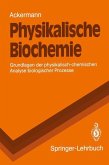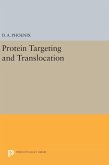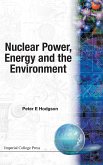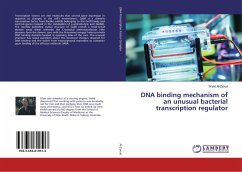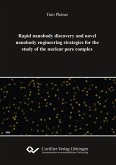The RS1 protein participates in regulation of Na+-D-glucose cotransporter SGLT1 and other solute carriers. In the present study, the mechanism and regulation of confluence-dependent nuclear location of RS1 was investigated. Nuclear location of RS1 was found to be regulated by the cell cycle. A nuclear shuttling signal (NS) in pRS1 was identified that mediates translocation of RS1 into and out of the nucleus via importin ß1 and CRM1, respectively. The adjacent protein kinase C (PKC) phosphorylation site was shown to control nuclear localization driven by NS during confluence. According to the proposed model, in subconfluent cells, RS1 is actively imported into the nucleus whereas nuclear export of RS1 is not active. After confluence, phosphorylation of serine 370 of pRS1 by PKC takes place leading to enhancement of RS1 nuclear export and predominantly cytoplasmic distribution of the protein. Gene expression profiling of mouse embryonic fibroblasts with RS1-/- genotype suggests that transcriptional regulation by RS1 might be important for the cell cycle and cell division. Thus, RS1 might play a role in the regulation of the solute carriers during specific phases of the cell cycle.
